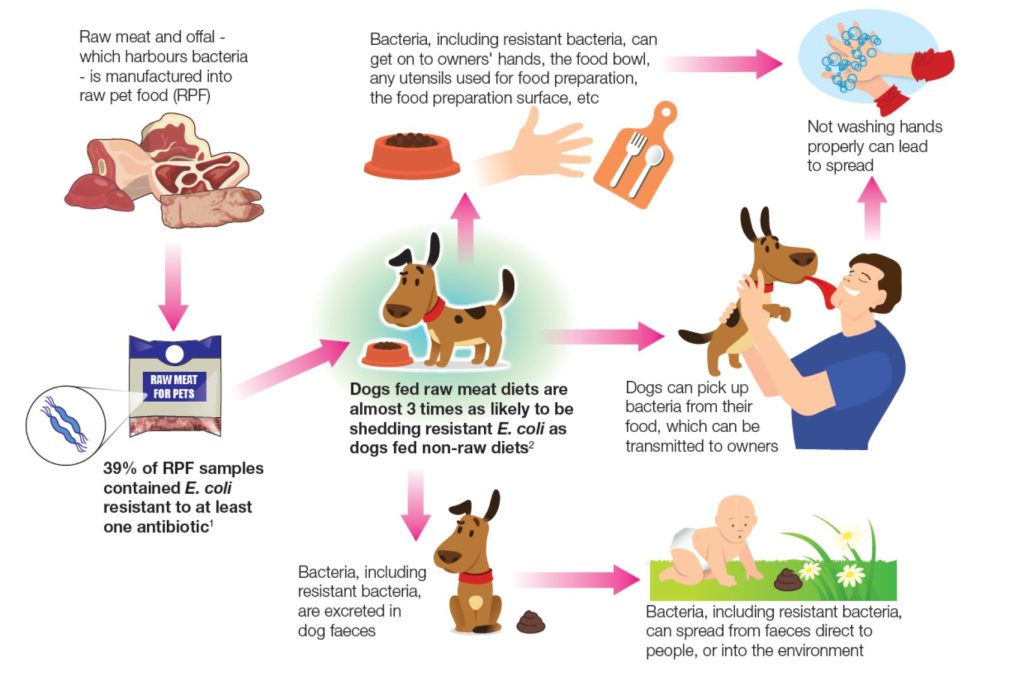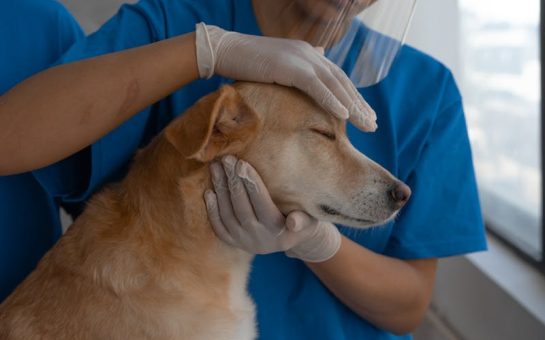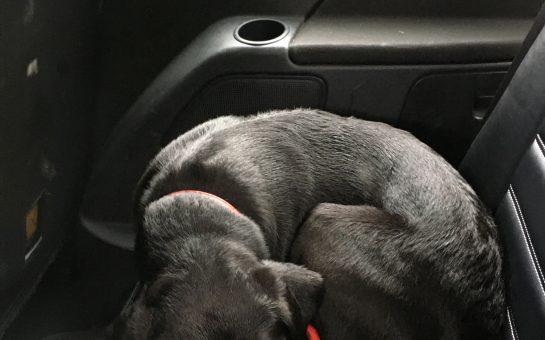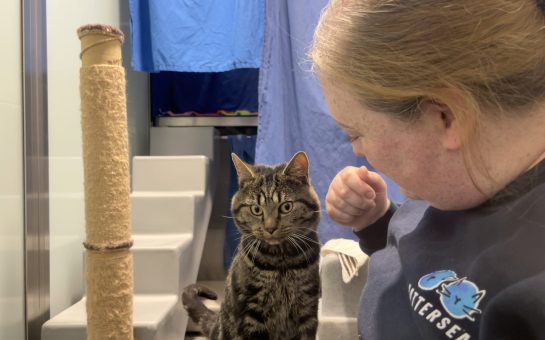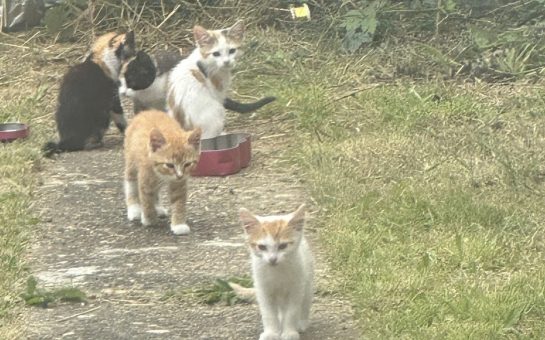Raw pet food has been linked to a higher risk of superbugs, according to a recent government report.
In their One Health Report, the Veterinary Medicines Directorate (VMD), and UK Health Security Agency (UKHSA), stated superbugs ‘are more prevalent in raw pet food than in conventional pet food, which goes through a heat-treatment step designed to kill microorganisms’.
Cited research also stated dogs with raw pet food diets are three times more likely to shed resistant E-coli, a superbug, in their faeces, compared to other dogs.
The report says potentially deadly bacteria can even be transmitted to people by eating or handling uncooked food, as well as through contact with bowls or other feeding equipment.
Contacted regarding the One Health report, Pure Pet Food, a pet food company, said: “We think raw is a great way to feed but understand it may not suit every owner.
“We appreciate there are also raised concerns over bacteria and the fact that dogs who eat raw are more likely to shed bacteria in their stools which can be harmful to ourselves.”
Raw pet food and superbugs
A study published in the Journal of Small Animal Practice, in 2022, previously highlighted the under-reported issue.
More than half of raw pet food fed dog faeces contained bacteria resistant to more than one antimicrobial, in contrast to under a fifth of non raw pet food fed dog faeces.
In each category, raw diets result in higher counts of E-coli strains, as well as Salmonella.
The study shows animals fed raw pet food could be vectors for superbugs, like E-coli strains and Salmonella, representing a potential animal welfare, and public health threat.
Antimicrobials are medicines including antibiotics, antivirals, antifungals, and antiparasitics,
A crisis in the making?
Antimicrobial Resistance, AMR, has been identified as one of the biggest challenges of the century.
Research highlighted by the World Health Organisation estimated bacterial Antimicrobial Resistance, caused 1.27 million deaths in 2019, and contributed to 4.95 million.
AMR occurs when medicines are no longer effective against bacteria, viruses, fungi and parasites.
Professor Dame Jenny Harries, Chief Executive of UKHSA, said: “Antimicrobial resistance is not a crisis of the future, but one that is very much with us right now.
“We expect that if we get a bacterial infection, an antibiotic will be available to treat us – but sometimes, already, that is simply impossible.”
Giving evidence to a Parliamentary inquiry in 2018, Dame Sally Davies, UK Special Envoy on Antimicrobial Resistance, warned modern medicine was at risk, with routine operations, like C-sections, becoming dangerous.
Looking ahead with raw pet food
In 2020, the Advisory Committee on the Microbiological Safety of Food reported raw pet food is becoming more popular, estimating a sector worth of £2.5 billion, comprising around 5% of the pet food industry.
In a press-statement, Bella & Duke, a leading player in the sector, said they celebrated a record-breaking year in 2023, delivering more than 13 million meals.
Advocates of raw pet food believe it is more natural and healthier than regular pet food, with better teeth and skin, as well as glossier coats, touted among the benefits.
Relevant advice on AMR superbug prevention for pet owners says they should maintain proper hygiene, which included washing hands, and cleaning utensils.
